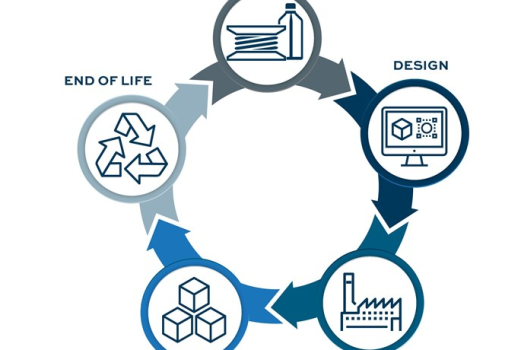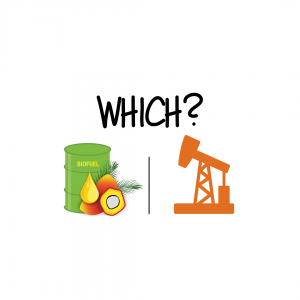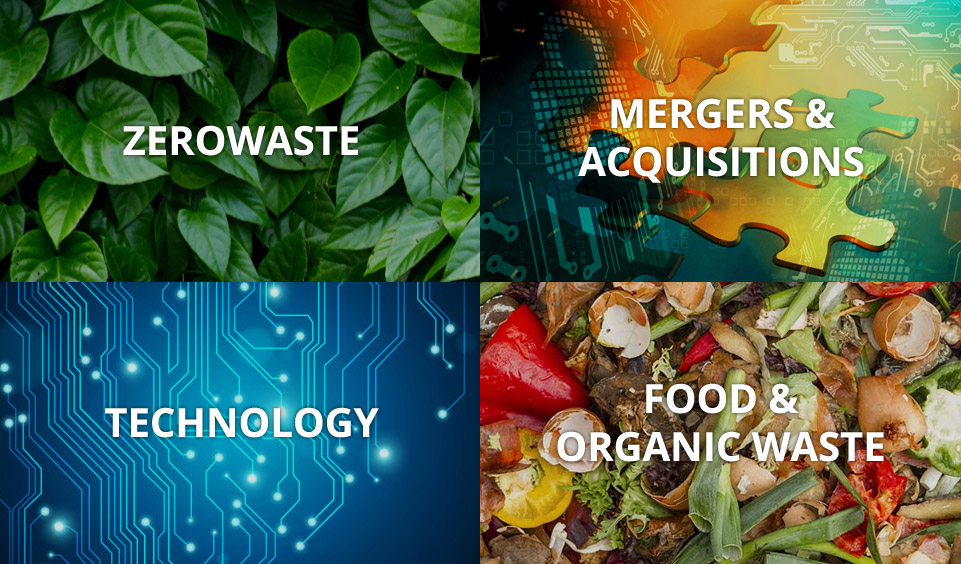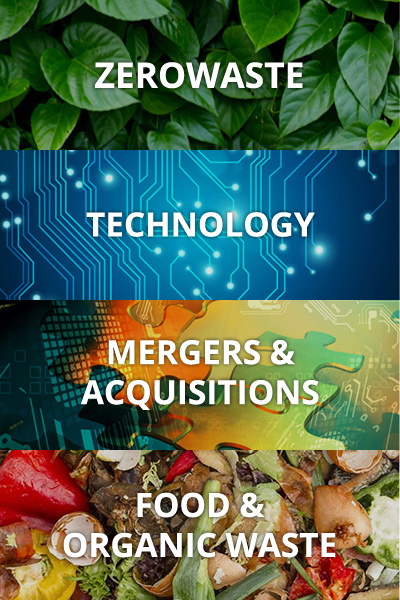In a veto letter, Newsom said he supports efforts to reduce plastic pollution, but he contends the bill could interfere with SB 54, a bill he signed in June that is widely considered to be the most comprehensive extended producer responsibility law for packaging in the U.S. That law requires numerous reductions and eliminations in single-use plastic packaging and sets an incremental mandatory recycling rate for most plastic packaging.
AB 2784 would have set recycled content standards for thermoforms ranging from 10% in 2025 to up to 30% in 2030 based on the recycling rate of the material. Lower recycling rates would have triggered higher requirements for producer use of PCR, and higher rates would have resulted in lower requirements, according to the bill. By 2030, the goal was to achieve a 75% recycling rate for thermoforms.
The bill also would have allowed CalRecycle to collect fines if a producer did not meet the minimum content requirements.
“I am concerned this bill imposes confusing requirements in conflict with some of SB 54’s key provisions, which could unfairly result in duplicative fees and penalties for the same material,” Newsom said in the letter.
Californians Against Waste, a major supporter of the bill, said the veto was a “missed opportunity.” The recycled content requirements in the bill would have helped kick-start demand for PET sooner than the provisions of SB 54, which will take several years to implement, said Executive Director Mark Murray in an email.
“While we are supportive of the objectives in SB 54, the goals of that policy remain 5 years away and rely on mostly voluntary efforts by the plastics industry,” he said.
The American Chemistry Council and PLASTICS applauded the veto, saying the bill would have duplicated requirements and created uncertainty for businesses. The Association of Plastics Recyclers said the bill would have complicated PET thermoform markets due to a current lack of supply, Plastics News reported.
The veto comes just days after Newsom signed several waste and recycling bills into law as part of a package of legislation the state says is its most aggressive action on climate change to date.
Newsom vetoed a different recycled content bill in 2019, but it has since become law.
Source: Waste Dive



